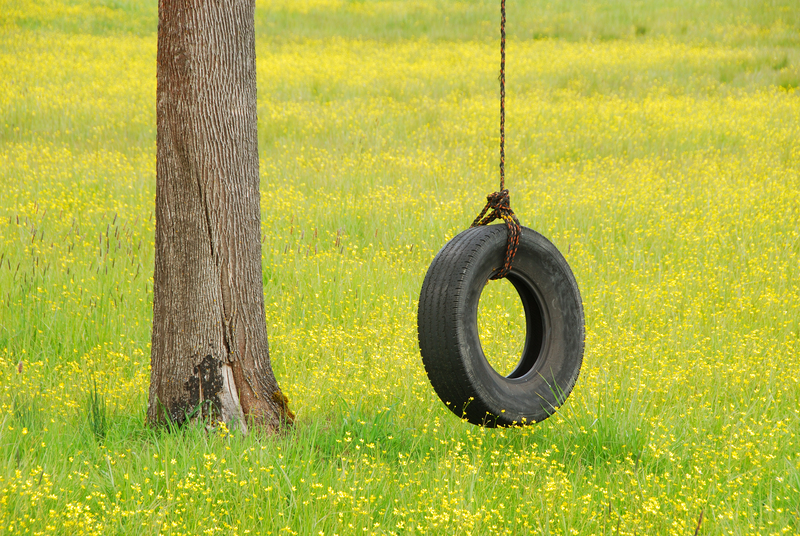London Rubbish Collection
 Managing waste efficiently is crucial for any bustling metropolis, and London is no exception. The rubbish collection system in London is designed to handle the city's substantial waste output while promoting sustainability and recycling initiatives. Understanding how this system works can help residents contribute effectively to a cleaner environment.
Managing waste efficiently is crucial for any bustling metropolis, and London is no exception. The rubbish collection system in London is designed to handle the city's substantial waste output while promoting sustainability and recycling initiatives. Understanding how this system works can help residents contribute effectively to a cleaner environment.
London's waste management strategy involves a combination of regular collection services, recycling programs, and initiatives aimed at reducing the overall waste footprint. The city employs a variety of collection methods to accommodate different types of waste, ensuring that both residential and commercial areas are adequately serviced.
One of the key aspects of London's rubbish collection is the segregation of waste. Residents are encouraged to separate recyclable materials from general waste, which helps in reducing the amount of waste that ends up in landfills. This segregation is supported by the provision of different bins and regular collection schedules tailored to each waste type.
Collection Schedules and Services
 The scheduling of rubbish collection in London is meticulously planned to ensure efficiency and reliability. Most residential areas have weekly collection services, with specific days allocated for different types of waste. For instance, general waste is typically collected on one day, while recycling materials like plastics, paper, and glass are collected on another.
The scheduling of rubbish collection in London is meticulously planned to ensure efficiency and reliability. Most residential areas have weekly collection services, with specific days allocated for different types of waste. For instance, general waste is typically collected on one day, while recycling materials like plastics, paper, and glass are collected on another.
In addition to regular household waste collection, London also offers specialized services for bulky items, electronic waste, and hazardous materials. These services are essential for maintaining public health and safety, as well as for adhering to environmental regulations. Scheduling these collections often requires residents to book appointments to ensure proper handling and disposal.
Commercial entities in London benefit from tailored rubbish collection services that accommodate larger volumes of waste and more complex recycling needs. Businesses can choose from a range of service packages that suit their specific requirements, including same-day collections for urgent waste disposal.
Recycling Initiatives
 Recycling is a cornerstone of London's rubbish collection system, aimed at minimizing the environmental impact of waste. The city has implemented numerous programs to encourage recycling among its residents, including educational campaigns and convenient access to recycling facilities.
Recycling is a cornerstone of London's rubbish collection system, aimed at minimizing the environmental impact of waste. The city has implemented numerous programs to encourage recycling among its residents, including educational campaigns and convenient access to recycling facilities.
Recyclable materials are collected separately from general waste, with specific bins provided for different types of recyclables. The collected materials are then processed and repurposed, reducing the need for new raw materials and decreasing the overall waste sent to landfills.
London also promotes the recycling of electronic waste through dedicated collection points and events. Proper disposal of electronics is crucial to prevent harmful substances from contaminating the environment. These initiatives not only support sustainability but also contribute to the circular economy by reusing valuable materials.
Waste Reduction Strategies
 Beyond collection and recycling, London is actively pursuing strategies to reduce the generation of waste. This involves promoting practices that minimize waste at the source, such as reducing packaging, encouraging the use of reusable items, and supporting composting initiatives.
Beyond collection and recycling, London is actively pursuing strategies to reduce the generation of waste. This involves promoting practices that minimize waste at the source, such as reducing packaging, encouraging the use of reusable items, and supporting composting initiatives.
Local councils across London offer resources and support for residents to adopt waste reduction habits. Workshops and informational materials help educate the public on how to effectively reduce their household waste, manage compost, and make environmentally-friendly choices in their daily lives.
Businesses are also encouraged to implement waste reduction measures by adopting sustainable practices in their operations. This includes optimizing packaging, reducing single-use items, and enhancing recycling processes within their facilities.
Innovations in Rubbish Collection
 London is embracing technology to improve its rubbish collection system. Smart bins equipped with sensors are being tested to monitor waste levels in real-time, enabling more efficient collection routes and reducing unnecessary trips. This innovation not only optimizes resource usage but also minimizes the carbon footprint associated with waste transportation.
London is embracing technology to improve its rubbish collection system. Smart bins equipped with sensors are being tested to monitor waste levels in real-time, enabling more efficient collection routes and reducing unnecessary trips. This innovation not only optimizes resource usage but also minimizes the carbon footprint associated with waste transportation.
The city is also exploring the use of electric and hybrid collection vehicles to further decrease emissions. By integrating these sustainable transportation options, London's waste management system aligns with broader environmental goals and contributes to cleaner air in urban areas.
Another significant innovation is the implementation of data analytics to track waste generation patterns. This data-driven approach allows for better planning and allocation of resources, ensuring that the rubbish collection system can adapt to the city's evolving needs and maintain high standards of service.











